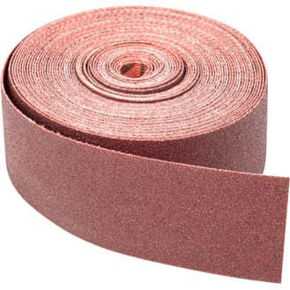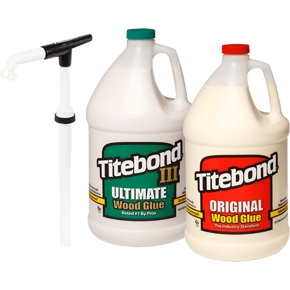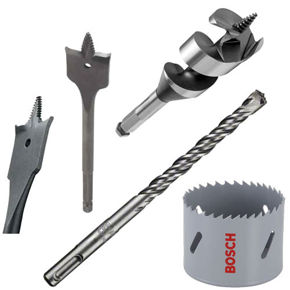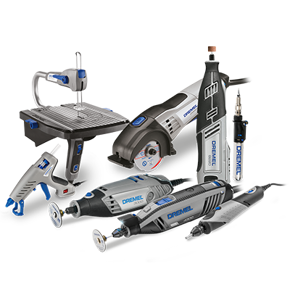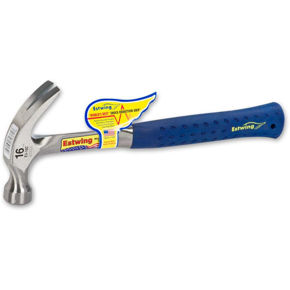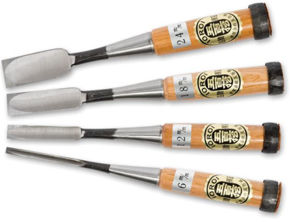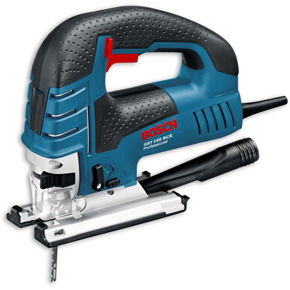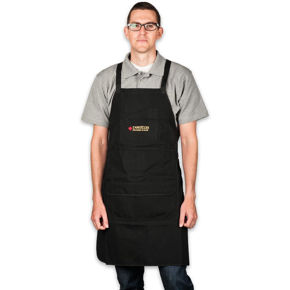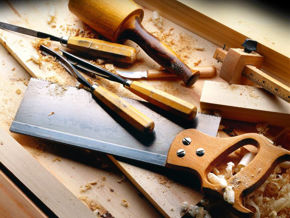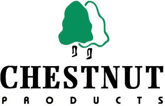Key Features
- One flat face, one slightly crowned
- Laminated heads with hard steel faces
- Long slim white oak handles
Description
There are several essential differences between a Japanese and a Western hammer. Generally, although various cross section shapes are available, it remains just the one basic design. The Japanese hammer is very much a do-it-all tool, from driving nails to striking chisels (hence the iron hoop on the top of Japanese chisels). One face is flat, this is for driving nails and striking chisels, the other face is slightly crowned, used mainly for the final blow to the nail head thus driving it flush without damaging the surrounding surface. In construction these hammers have laminated heads with hard steel faces forged onto a softer steel centre. Long slim white oak handles give an overall feel of great delicacy and full control. Like all traditional Japanese tools, they are left slightly unfinished (just as the chisels require final fitting of the hoop). In this case hold the hammer in the air and strike a sharp blow on the end of the handle. This will force the head more firmly onto the shaft. If the shaft projects slightly proud of the head the final operation is to gently 'dome' it over using a series of light hammer blows.


